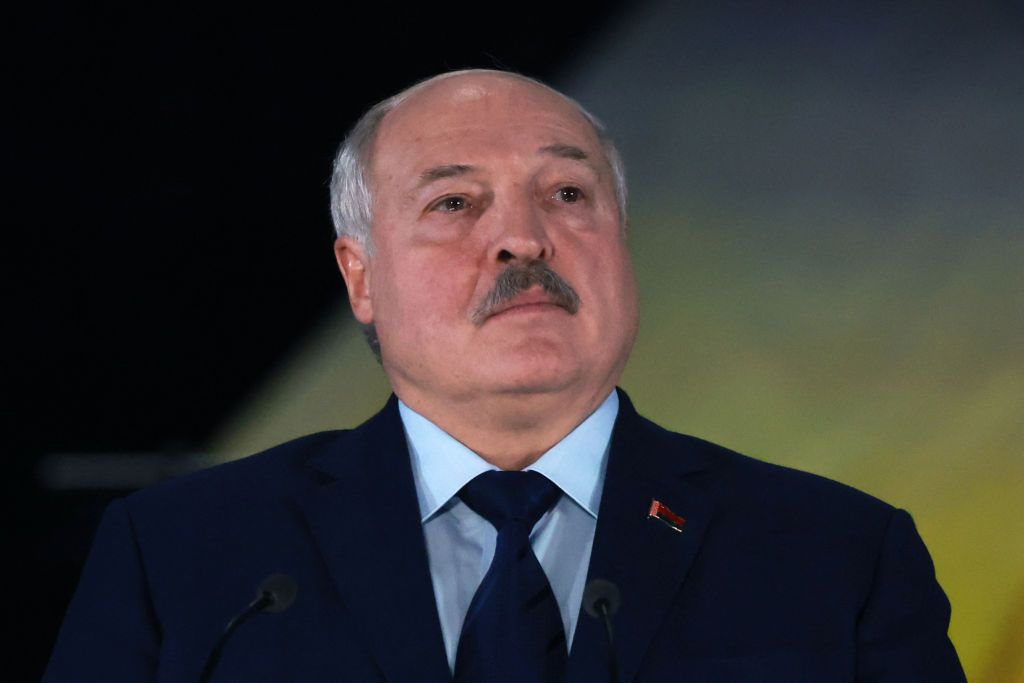FT: EU seeks to stop Russian imports of Western luxury cars via Belarus

The European Union is considering imposing sanctions on Belarus as a way to close a trade loophole that has allowed Russia to import luxury cars and other banned goods produced in Western countries, the Financial Times reported on May 23.
The EU has already imposed economic sanctions against the Belarusian regime for its involvement in Russia's war against Ukraine. Belarusian leader Alexander Lukashenko is a loyal supporter of Russian President Vladimir Putin and has been accused of abuses of power and political oppression inside his own country.
According to the Financial Times, the newest round of sanctions aims to "minimize the risk of circumvention."
The measures would ban exports of technology and other goods that have military use to and from the country, as well as liquified natural gas. The bloc will also reportedly stop importing diamonds from Minsk.
Luxury cars are one of the major exports that will be stopped by the new sanctions against Minsk. Currently, European car manufacturers can sell products to Belarus but not Russia.
The FT reports that the monthly flow of vehicles and vehicle parts from EU countries to Belarus increased significantly from $50 million in January 2022 to $268 million in January 2024. The export flow is now the largest single element of EU-Belarus trade.
Most notably, the largest export growth to Belarus occurred among cars targeted by EU-Russian sanctions bans. The bloc believes that Belarusian companies have played a major role in smuggling Western cars to Moscow.
Vehicles made by Western luxury car brands such as Rolls-Royce and Maybach entered Russia via Belarusian suppliers in 2022 and 2023.
The Lithuanian Prime Minister Ingrida Simonyte told FT that "for a Russian to get a car in Belarus is not a problem."
The Lithuanian customs service reportedly struggles with the "complicated" system of inspecting cargo bound for Belarus. Prime Minister Simonyte said the two sanctions regimes have left "very clear holes."
The Prime Minister of Lithuania, as well as Poland's Foreign Minister, Radoslaw Sikorski, agreed that the only way to close these gaps is to align the two regimes.
Belarusian opposition leader Sviatlana Tsikhanouskaya said the new sanctions were important but did not go far enough. She also criticized the lack of sanctions enforcement mechanisms inside the bloc.
“Sanctions — imposed on Russia or the Belarusian regime — cannot work effectively if they are not synchronized," Tsikhanouskaya said. "Dictators use each other to circumvent sanctions and continue to trade. The Belarusian regime is buying military stuff, luxury cars . . . for Russia....In Europe, there is no mechanism for sanctions enforcement.”












